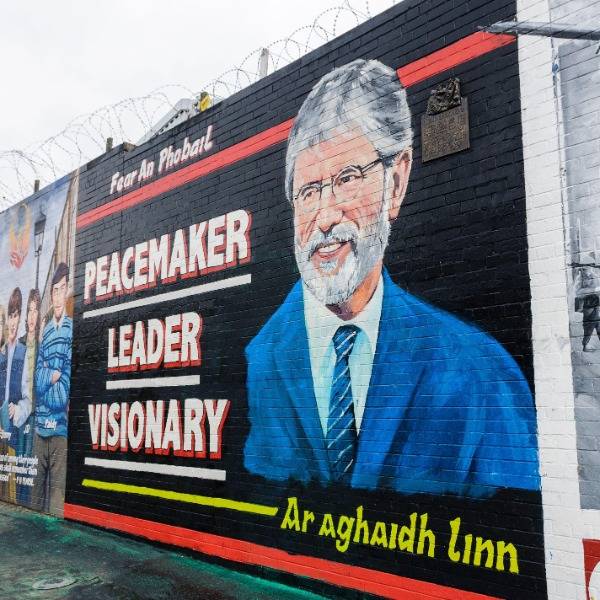Britain's prime minister David Cameron, who once described his faith as being "a bit like the reception for Magic FM in the Chilterns: it sort of comes and goes", appears to have undergone a sudden change of heart. In an article for the Church Times, he claims to have become "evangelical" about Christianity and emphasises religion's role in helping people find a "moral code".
This latest intervention is the third in a week, following an Easter reception at Downing Street, at which Cameron made the eyebrow-raising claim that "Jesus invented the Big Society 2,000 years ago", and a video message in which he made a link between religious belief and altruism. The Communities Secretary, Eric Pickles, also recently said that atheists should "get over it" and accept that Britain was "a Christian country". (My colleague Paul Sims questions Pickles's claims here.)
So why the shift? As various observers have noted, elections are approaching in which Cameron's Conservatives expect to be trounced by Ukip, a hard-right party whose leader Nigel Farage has called for a "more muscular defence of our Judaeo-Christian heritage". Cameron has alienated the right wing of his own party over the introduction of equal marriage; and has also drawn strong criticism from Anglican bishops (whose open letter was directed at all political parties) over the rise in food poverty.
With this in mind, the appeal to Christianity strikes me as a rather cynical move - and I think there are a few points worth restating.
You do not need religion to tell you how to lead a moral life
Even Cameron, in his piece for Church Times, has to add a caveat, stating "of course, faith is neither necessary nor sufficient for morality." Well if so, then why make the implication in the first place?
Britain is not, in the everyday sense, "a Christian country"
Yes, we have an established Church. Yes, Bishops get to sit in the House of Lords and vote on laws that affect every UK citizen, regardless of our belief. Yes, it would be better - in my view, for religious and non-religious alike - if the UK were a truly secular state. But a citizen who follows a religion other than Christianity, or no religion at all, has no less right to live their life here. What's more, all the statistical evidence points to a growing number of people who identify as non-religious - this is not the result of "militant secularists", but of free choice.
Religion is best kept out of politics
As individuals, politicians should be free to talk about their faith. All three main party leaders have done so in recent years. But what I find objectionable is when the issue is pressed into the service of a vote-winning strategy: however carefully you phrase your statements, such a direct appeal to one particular set of beliefs by its very nature excludes those who do not share them. What's more, I doubt it's even an effective strategy - as with the topic of immigration, the more that mainstream politicians pander to the hard right, the more it puts wind in their sails.
Daniel Trilling is editor of New Humanist magazine

